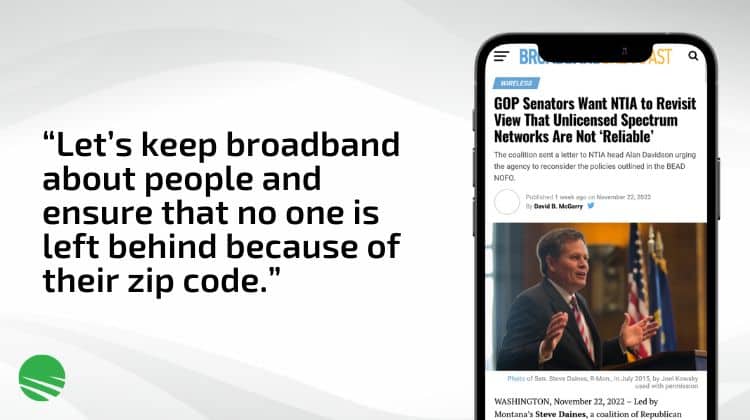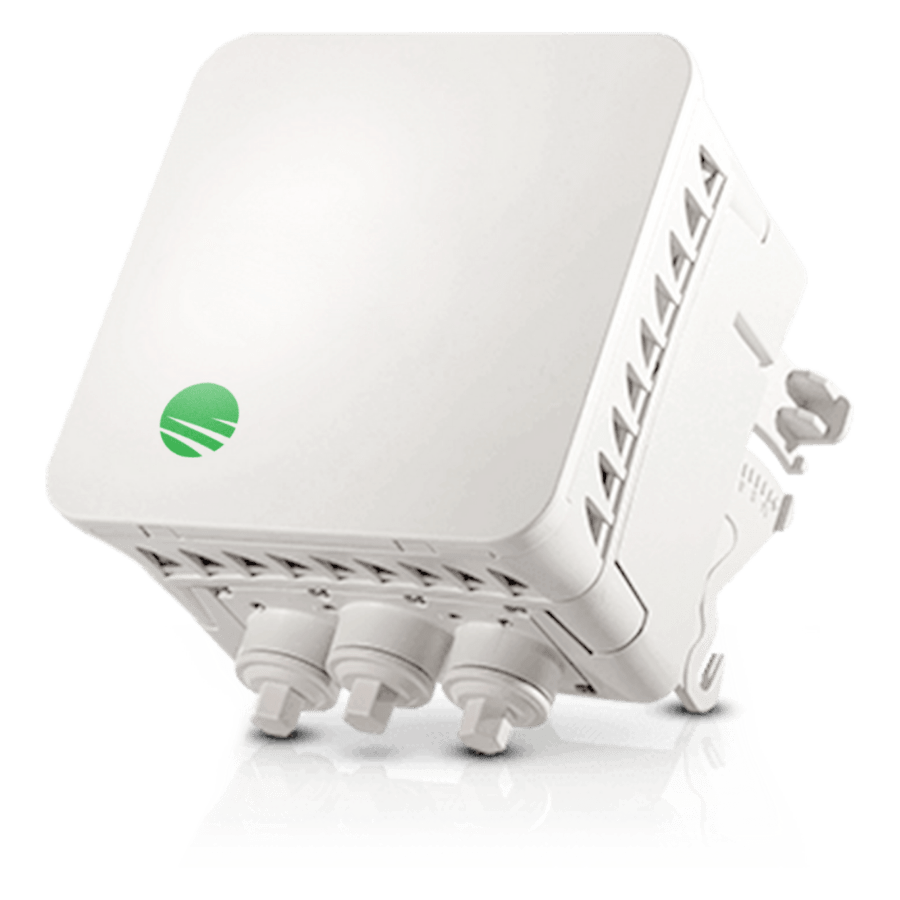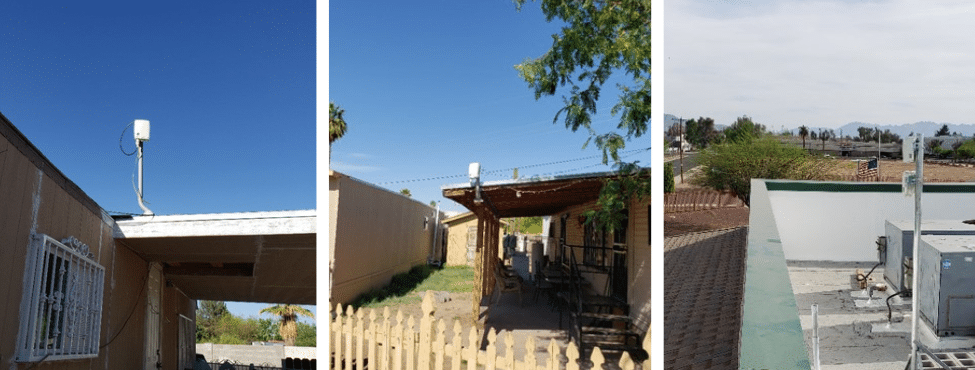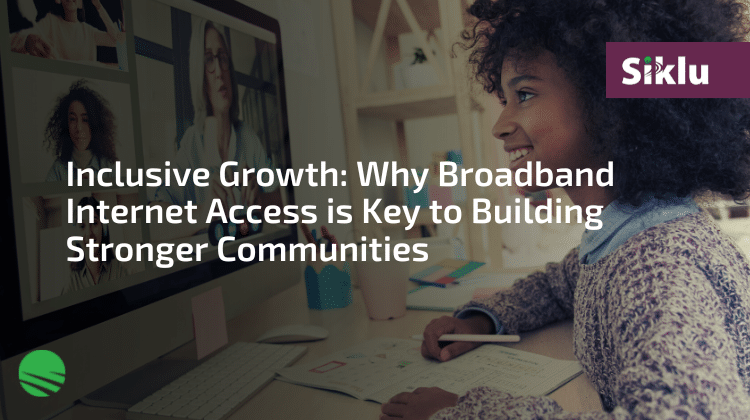Access to high-speed internet has become a necessity for modern living, and yet, many rural areas in the United States still lack reliable broadband services. To address this issue, the government has launched programs like the Rural Digital Opportunities Fund (RDOF) and the ReConnect Program to bring fixed broadband services to rural homes and small businesses that lack it.
The RDOF program, launched in early 2020, is a ten-year, $20.4 billion initiative through the Federal Communications Commission (FCC) that provides funding to internet service providers (ISPs) to extend broadband services in unserved and underserved areas. The program has two phases, and so far, the FCC has awarded over $6 billion to ISPs in 47 states, enabling the extension of broadband services to over five million homes and businesses that were entirely unserved by any service offering speeds of at least 25/3 Mbps.
From Rural Deserts to Digital Oases: The Economic Impact of Broadband Internet Access
The ReConnect Program, run by the U.S. Department of Agriculture, awards both grants and loans for broadband projects in rural areas. The program received a boost of $2 billion in funding from the Infrastructure Investment and Jobs Act of 2021 and has since shifted its focus to connecting areas where most people don’t have 100/20 Mbps service. Recent grants from the program include $17.5 million to connect businesses, farms, and educational facilities in North Carolina, $12.6 million to deploy fiber in Minnesota, and $18.7 million for a fiber network in Colorado.
Access to high-speed internet can help bridge the digital divide and provide opportunities for education, employment, and healthcare. With reliable internet access, students can more easily participate in online learning and complete homework assignments, adults can access job training and employment opportunities, and healthcare providers can offer telehealth services to patients who may not have had access to care otherwise.

Siklu and its partners like DigitalC play an essential role in deploying reliable and high-speed broadband services to rural areas. Siklu’s wireless solutions offer fiber-like performance and reliability, making them an ideal option for deploying broadband services in hard-to-reach areas. Leveraging proven technology like the EtherHaul™ product series, Siklu can enable WISPs and ISPs to eliminate most of the “digital deserts” throughout the United States.

In terms of business opportunities, access to broadband internet can enable entrepreneurs and small businesses in rural areas to expand their markets and reach a wider customer base. With the ability to sell products and services online, businesses in underserved communities can compete more effectively with larger businesses in urban areas, creating new jobs and economic growth.
In addition, broadband internet access can also enhance the overall quality of life in rural areas. It can provide access to online entertainment and cultural resources, such as streaming video and music services, and enable remote access to government services, like online tax filing and voter registration.
Overall, improving broadband internet access in undeserved communities can bring a wide range of benefits to residents, businesses, and local economies. It can help bridge the digital divide, provide opportunities for education and healthcare, enhance economic growth, and improve the overall quality of life in these areas.

In conclusion, the RDOF and ReConnect programs are critical to bridging the digital divide in rural areas of the United States. The programs provide funding to ISPs to extend their broadband services to unserved and underserved communities. Additionally, companies like Siklu, with their high-speed broadband solutions, can play a vital role in deploying reliable and affordable internet services to hard-to-reach areas, enabling residents and businesses to thrive in today’s digital age. By working together, we can ensure that all Americans have access to reliable and high-speed internet services, regardless of their geographic location.



